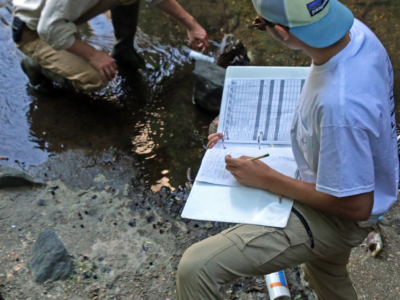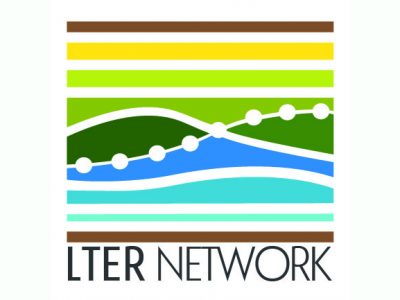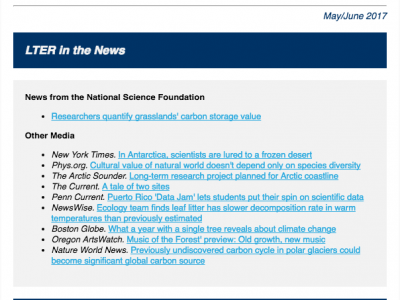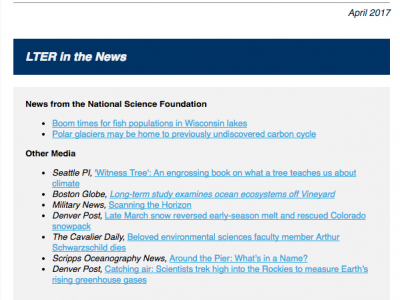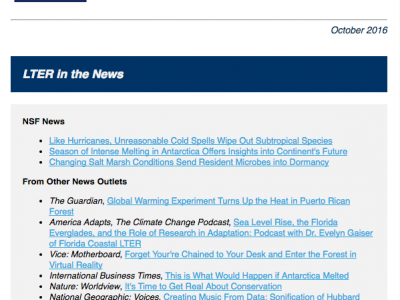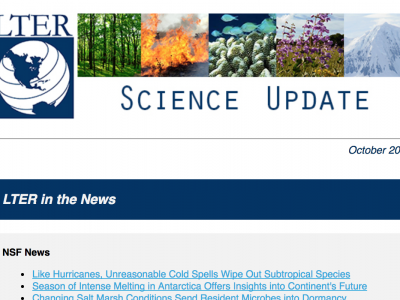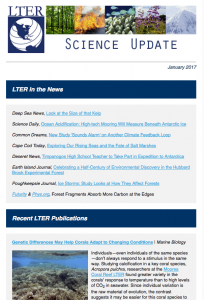LTER Road Trip: From Ice Storms to Summer Droughts
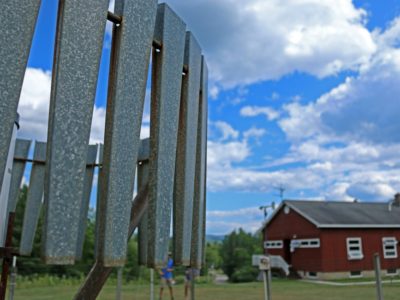
Exploring the Northern Temperate Forest at the Hubbard Brook Experimental Research Forest In 1955, the USDA Forest Service set aside over 3,000 acres in the White Mountains of New Hampshire for the express purpose of studying hydrology of northern temperate ecosystems, part of a novel, long term set of research initiatives known as the Hubbard… Read more »

